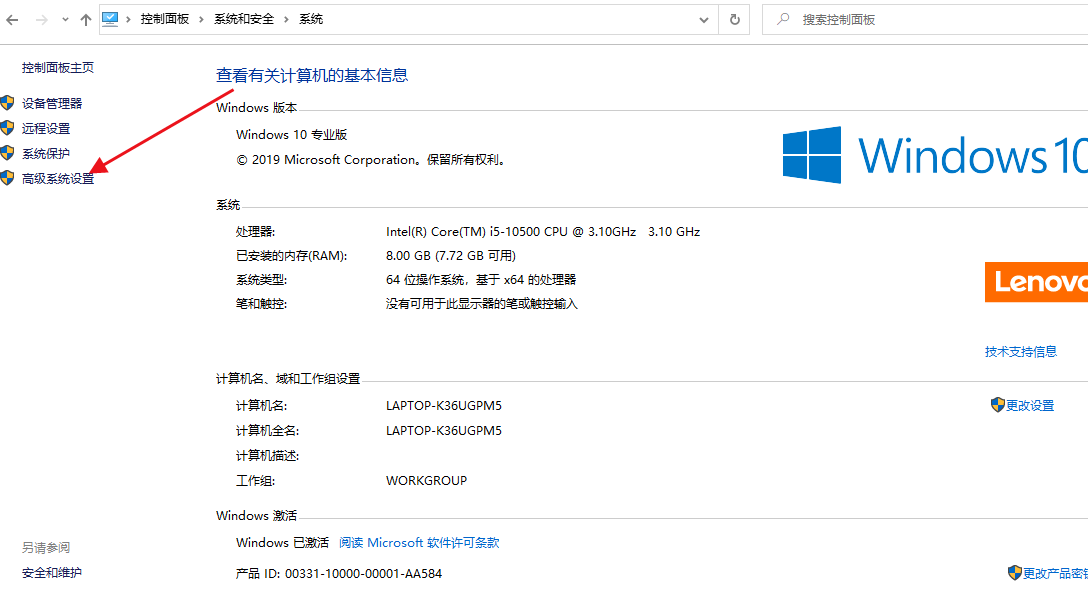
WINDOWS INSTALL PIP3 INSTALL
For example, if you’ve determined that you want the Python at /usr/bin/python3.9 to be the one that you’ll install Ansible under, specify that instead of python3. The following instructions refer to this Python as python3. Locate and remember the path to the Python interpreter you wish to use to run Ansible. Installing and upgrading Ansible Locating Python If everything worked fine, you will see the version number for the Sphinx package you just installed. After installation, type sphinx-build -version on the command prompt. These installation instructions only cover the officially supported means of installing the python package with pip. On Windows, you should open Command Prompt ( Win-r and type cmd) and run the same command. The ansible or ansible-core packages may be available in your operating systems package manager, and you are free to install these packages with your preferred method. Choose the package that fits your needs The following instructions use ansible, but you can substitute ansible-core if you prefer to start with a more minimal package and separately install only the Ansible Collections you require.

Selecting an Ansible package and version to install Īnsible’s community packages are distributed in two ways: a minimalist language and runtime package called ansible-core, and a much larger “batteries included” package called ansible, which adds a community-curated selection of Ansible Collections for automating a wide variety of devices. Windows without WSL is not natively supported as a control node see Matt Davis’ blog post for more information. This includes Red Hat, Debian, Ubuntu, macOS, BSDs, and Windows under a Windows Subsystem for Linux (WSL) distribution.

Selecting an Ansible package and version to installįor your control node (the machine that runs Ansible), you can use nearly any UNIX-like machine with Python 3.8 or newer installed. Controlling how Ansible behaves: precedence rules.



 0 kommentar(er)
0 kommentar(er)
